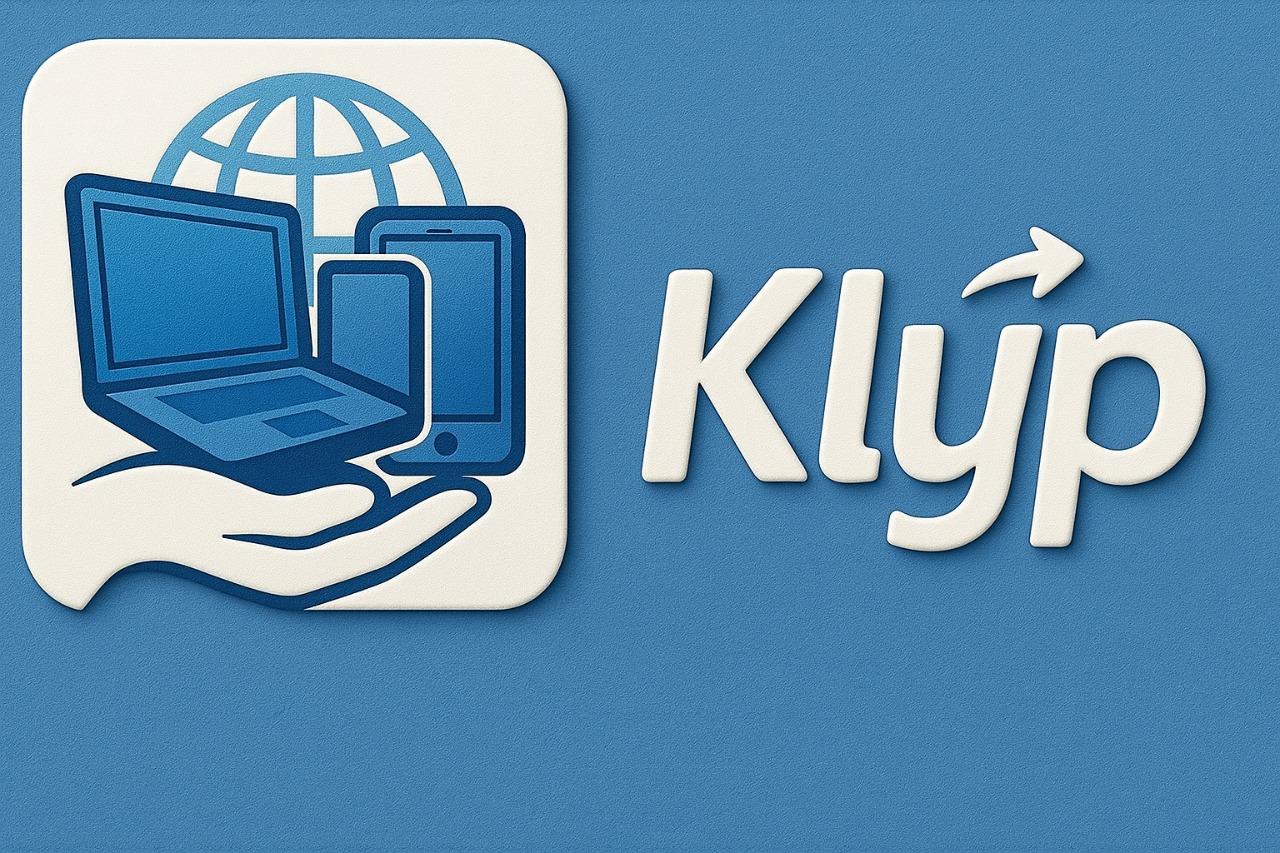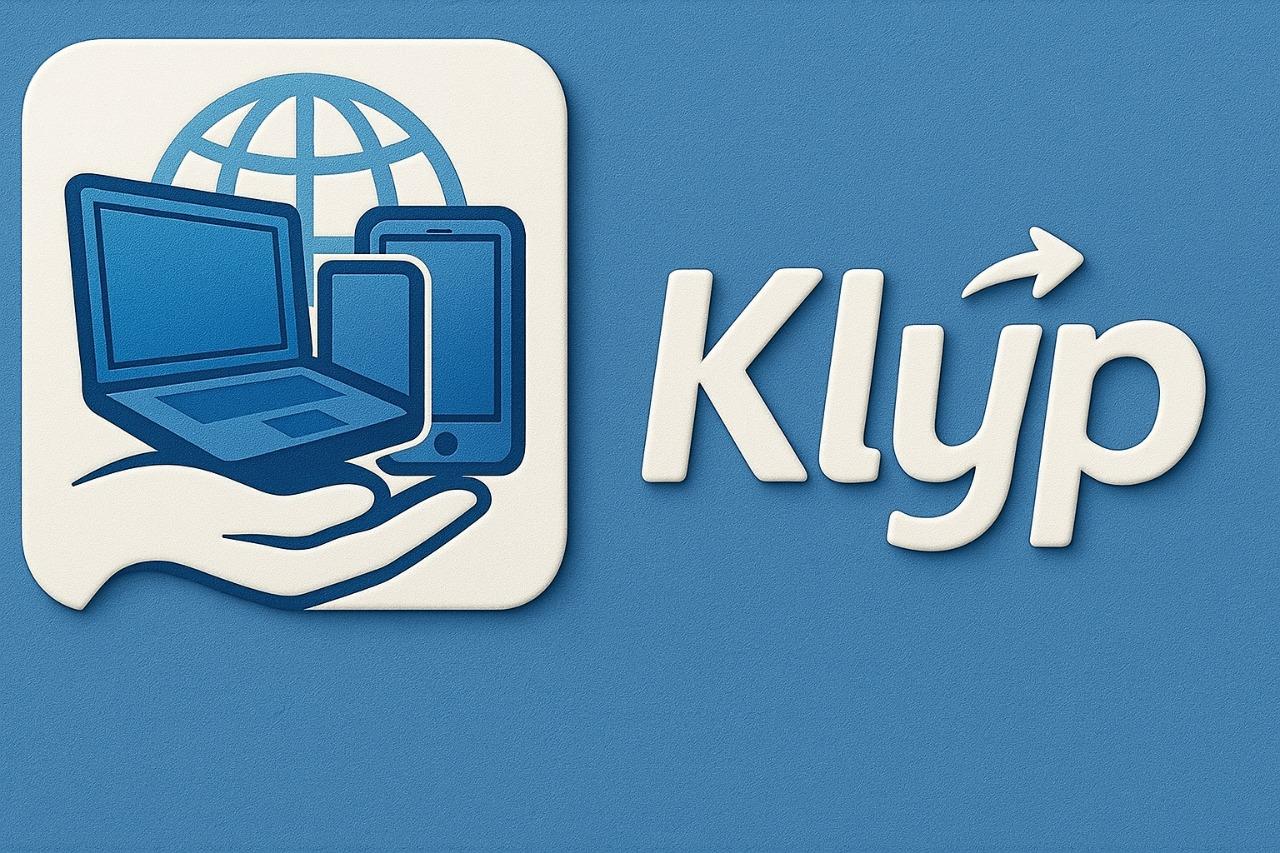Future Developments in Specialty Elastomer Technologies
Specialty elastomers represent a high-performance class of synthetic rubbers engineered for applications that go beyond the capabilities of conventional elastomeric materials. With enhanced chemical resistance, temperature stability, mechanical strength, and flexibility, specialty elastomers are essential in critical sectors such as aerospace, automotive, energy, electronics, and medical devices.
Unlike standard elastomers like natural rubber or basic silicone, specialty elastomers are tailored to perform under extreme conditions—whether it's high pressure, aggressive chemicals, or wide temperature ranges. Examples of specialty elastomers include fluorocarbon elastomers (like Viton), perfluoroelastomers (FFKM), hydrogenated nitrile rubber (HNBR), thermoplastic elastomers (TPE), and ethylene acrylic elastomers (AEM). Each type offers distinct advantages depending on the application.
In the automotive industry, specialty elastomers are vital for gaskets, seals, hoses, and O-rings that must withstand prolonged exposure to oil, fuel, and high temperatures. As vehicles become more electrified and efficient, the demand for materials that can endure harsh under-the-hood conditions has risen sharply. HNBR and FKM elastomers are commonly used due to their resistance to automotive fluids and high thermal stability.
Aerospace and defense sectors also depend heavily on specialty elastomers. These materials are used in aircraft seals, hydraulic systems, insulation components, and vibration dampeners, where reliability under extreme altitude and temperature variations is crucial. FFKM elastomers, for example, are often selected for their ability to maintain elasticity and sealing performance in high vacuum and chemically aggressive environments.
In the oil and gas industry, specialty elastomers contribute to the performance of downhole tools, valves, and connectors exposed to corrosive fluids and extreme pressures. Elastomers like Aflas or EPDM are selected for their resilience and longevity in these high-demand applications. Their use helps minimize equipment failure and downtime in critical extraction and refining operations.
Medical and consumer electronics applications also benefit from specialty elastomers, particularly for wearable devices, tubing, seals, and soft-touch components. Their biocompatibility, sterilizability, and tactile comfort make them ideal for sensitive use cases.
Sustainability and material innovation are reshaping the specialty elastomer landscape. Manufacturers are exploring bio-based and recyclable elastomers, as well as hybrid materials that combine elastomeric flexibility with thermoplastic processing efficiency. These innovations aim to reduce environmental impact while maintaining high-performance standards.
- Art
- Causes
- Crafts
- Dance
- Drinks
- Film
- Fitness
- Food
- Spiele
- Gardening
- Health
- Startseite
- Literature
- Music
- Networking
- Andere
- Party
- Religion
- Shopping
- Sports
- Theater
- Wellness


